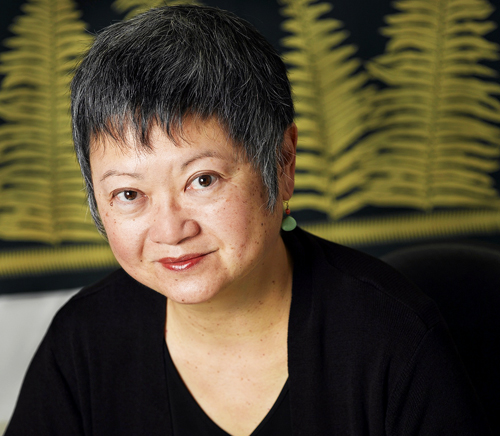Visiting Scholar: Dr. Margo Machida

Dr. Margo Machida, an associate professor of art history and Asian American studies at the University of Connecticut, was born and raised in Hawai‘i. During July 2010, she is in residence at the Asian Pacific American Program with support from a Smithsonian Institution Short-Term Visitor award. Dr. Machida is a scholar, independent curator, and activist cultural critic specializing in Asian American art and visual culture. Duke University Press published her most recent book, Unsettled Visions: Contemporary Asian American Artists and the Social Imaginary, in 2009. She is co-editor of the volume Fresh Talk/Daring Gazes: Conversations on Asian American Art (University of California Press, 2003), and received the 2009 Lifetime Achievement Award from the national Women’s Caucus for Art. She is presently working on her next book, Resighting Hawai‘i: Global Flows and Island Imaginaries in Asian American and Native Hawaiian Art, to be published by University of Hawai‘i Press.
While at the Smithsonian, Dr. Machida is conducting research on Asian American art and artists at the Archives of American Art, American Art Museum, and National Portrait Gallery, among others, for the East Coast Asian American Arts Project (ECAAAP), a scholarly initiative sponsored by the Asian/Pacific/American Institute at New York University. Dr. Machida is the co-organizer of ECAAAP, along with Alexandra Chang, Director of Public Programs and Research Manager at NYU A/P/A. ECAAAP, a multifaceted research and archival initiative, incorporates exhibition, publication, and programming components and seeks to further scholarly, critical, curatorial, and educational work on Asian American art, art history, and visual culture studies. The current focus is on New York City, given its historic status as a major U.S. and international hub for contemporary art; additional research is planned for Washington, DC, Boston, and Chicago.


Discussion